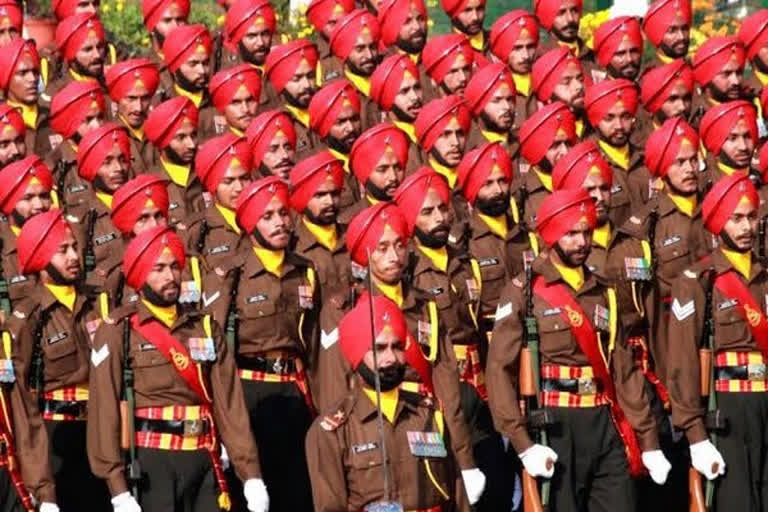Hyderabad: There is not much that India needs to learn from the Pakistan military, although the reverse certainly holds true. But the Pakistani effort to converge and synergise its different military wings under a single point post with the prime mandate to create a convincing narrative is one of them and is worthy of emulation.
In a world where information warfare is a military force multiplier, it certainly helps to combine the synergies of all military wings into a converging point. And that is why the post of director-general, Inter-Services Public Relations (ISPR), is a prestige posting in Pakistan.
So on Thursday when Major General Babar Iftikar was appointed as the DG, ISPR, succeeding his predecessor Maj Gen Asif Ghafoor who completed his three-year-long tenure, it created nothing short of a flutter in the Pakistani media.
Besides having served in North Waziristan, an insurgency hotbed, the new ISPR chief has substantial academic experience. He has taught both at the National Defence University as well as the Pakistan Military Academy.
General Iftikhar had also served as an instructor at the Pakistan Military Academy (PMA) at Kakul in Abbottabad, besides having taught at the National Defence University, a premier institute that aids in the formulation of Pakistan’s military strategy.
In India, the army, navy and the air force all have their respective spokespersons, respectively, an Indian army colonel, a navy commander and an IAF wing commander, all also administratively functioning under the spokesperson of the defence ministry who is a career bureaucrat usually from the Indian Information Service. Many a time because of different requirements, their efforts may not be in tandem which could be disastrous during emergencies.
Speaking at an event on December 21, 2019, National Cyber Security Coordinator Lt General Rajesh Pant (retd) had expressed his admiration for the way ISPR operates. “What we are finding from the other side—from the western border (read Pakistan)—that since the time they have created the DGISPR, they have got their act together… When are we going to have our own equivalent of the DGISPR because the (Indian armed forces) services have their own PRs and they are going in different ways. Somebody at the national level now has to look at the narrative warfare and how to implement it in various domains.”
The role of the military in the construction of a narrative is crucial in the backdrop of the changing nature of warfare.
Says the Indian Joint Military Doctrine document brought out in 2017: “The first generation lasted long but the transition from the second to the current fifth-generation has been rapid. It laid the foundation of hybrid warfare, including supporting chaos, psychological and media warfare, cyber warfare, economic warfare etc. It is a conflict characterised by a blurring of lines between war and politics, combatants and civilians”.
With the creation and appointment of India’s first-ever Chief of Defence Staff (CDS) underlining the need for jointness, integration and synergy among the different branches of the Indian military, the time is perhaps ripe to have a single point military man to handle information as well.
Read:| Court directs Tihar authorities to file report on status of scheduled execution of Nirbhaya convicts



